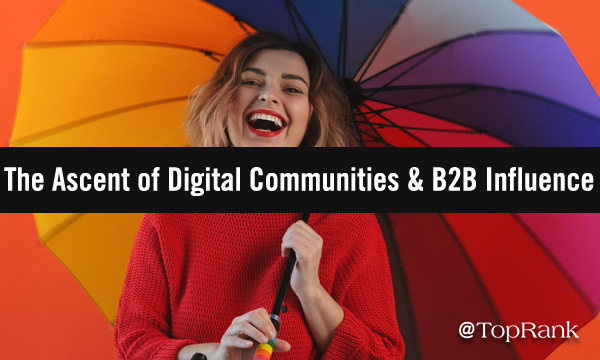Why community is the top opportunity for publishers in 2023
By Ben Holding
Joel Bejar, senior vice president, business development, OpenWeb
Online communities are today’s main arena of public discussion. For platforms like Facebook, Reddit, TikTok and Twitter, community is crucial to their business models. However, while end users’ appetite for community has kept the social giants full of engagement from billions of people across the globe, the users themselves aren’t necessarily happy about what they’re experiencing.
According to a new OpenWeb survey of 1,400 U.S. consumers conducted in partnership with YouGov, while 93% of Americans said they use social media regularly, a whopping 64% viewed communities on social media as unhealthy. Only 36% of Americans found interactions on social media healthy, and 54% said that the overall effect of social media on society has been negative. Half said social media platforms don’t do enough to fight against toxicity, trolls and misinformation.
The potential for change is dramatic. By using technology to encourage healthy engagement online, companies foster communities that provide information, perspective and belonging. In particular, media properties can host vibrant, healthy communities and collect data to support a sustainable revenue model.
How publishers meet audience demand for online community and thrive
Publishers are a healthy alternative to social media, one with the potential to be much healthier for individuals and society: the conversations and communities in the comments sections hosted by online publications.
Readers both want and appreciate the communities offered by online publishers. According to OpenWeb’s research, 72% of respondents believe online content creators, like publishers and brands, should host communities. Nine in 10 (91%) reported reading the comments on content creators’ sites when they were available.
The line between comments and content is less stark than content publishers think. The conversation isn’t only for those readers who want to add their voices. Sixty-eight percent of consumers say that they view the comments to understand a story better or to gain another viewpoint, compared to only 32% who report adding their voice as their primary drive. This shows that community is an increasingly indispensable part of a publisher’s core content offering.
With wide swathes of users increasingly alienated by social media, publishers have an imminent opportunity to host healthy communities that encourage positive discourse. This is not just what users want — but what content publishers need.
Third-party cookies are on the way out, social traffic is less reliable than ever, and the demands on users’ attention and time increase exponentially each day. By bringing users back day after day, healthy conversations help insulate publishers from these challenges and generate the first-party data they need to survive in the post-cookie future. It helps them build a future for their business on their own terms.
“Publishers can seize this opportunity, filling that gap by transforming their properties — today, amazing repositories of content — into true community destinations,” said Nadav Shoval, co-founder and CEO at OpenWeb. “That will be a major step toward what users want and what we need as a society: better, healthier community experiences that bring people together.”








